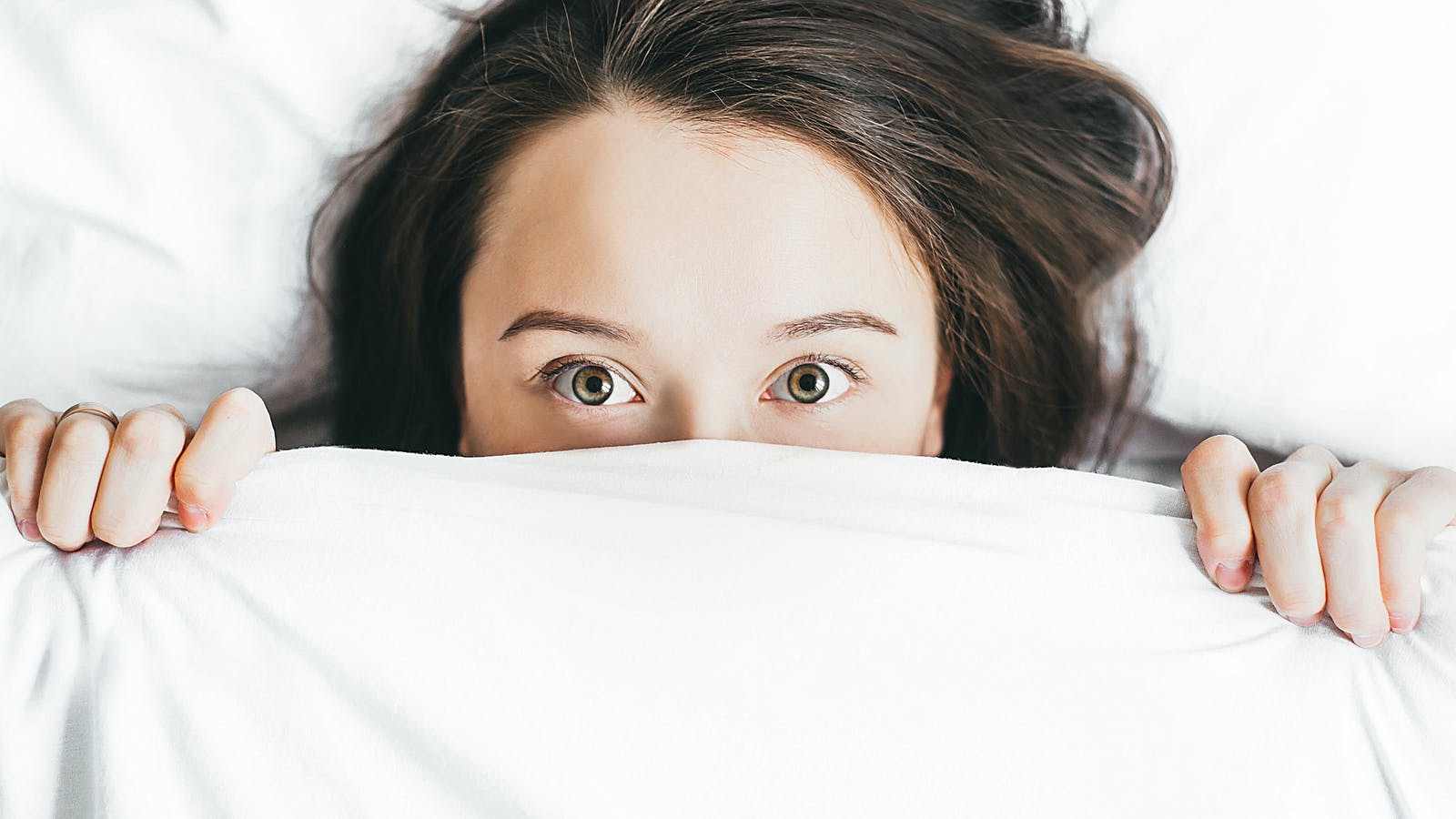What is stress ?
Stress is a reflex reaction of the body to difficult situations that challenge our balance and require adaptation. It can be of internal origin (hormonal imbalance, lack of physical activity, genetic predisposition) or of external origin, that is to say caused by the unknown (problem linked to work, money, social relationships, trauma).
When a stressor is recognized, nerve messages are sent from the brain to trigger the secretion of cortisol. It is a steroid hormone that participates in energy production by transforming fat reserves into sugars. Cortisol then directs this energy to the right place (for example into the leg muscles if we need to run to escape danger). The body doesn't really differentiate between dangerous and common situations, which sometimes leads to excess cortisol in the body. In the long term, this can have an impact on our well-being and health.
It results in physical symptoms such as sleep , breathing, muscular, digestive problems , or emotional and mental symptoms such as nervousness , irritability, reduced memory and attention. We distinguish acute stress from chronic stress which can be really harmful to health. Indeed, the body becomes extremely exhausted, the immune defenses weaken and certain illnesses appear.
It should be noted that the stress response is an individual phenomenon that differs according to each individual. The intensity of the response will be more or less strong depending on our genetics, our personality or even the environment.
And sleep?
Sleep is a complex process, controlled by the brain, which corresponds to a drop in the state of consciousness which separates two periods of wakefulness. It is characterized by a temporary loss of alertness and a decrease in muscle tone but does not lead to a loss of sensory sensitivity.
There are four phases of sleep. The first is the drowsiness phase, the transition between wakefulness and sleep . The second phase corresponds to light sleep characterized by strong sensitivity to external stimuli. It is followed by the deep sleep phase during which body temperature drops, breathing slows, sensitivity to stimuli decreases and the body becomes still. Finally, paradoxical sleep constitutes the last phase of sleep and is characterized by intense cerebral activity, close to that of the waking phase, and by dreaming.
Sleep is regulated by what are called the body's biological rhythms, also called circadian cycles, or the alternation of periods each lasting 24 hours. These cycles manage the sleep-wake rhythm but can be influenced by external factors such as light. The production of melatonin , a sleep hormone whose secretion is typically circadian, depends on the quantity of light. It is at the beginning of the night, when the light is low, that this hormone is secreted in large quantities in the brain. Its aim is to promote falling asleep.
Sleep represents the most accomplished form of rest and allows the body to recover physically and mentally. It plays an important role in the development of memory, learning, immunity and is involved in the growth of children.
Today there are many people affected by sleep disorders such as insomnia , nocturnal awakenings, sleep apnea, narcolepsy or even sleepwalking. These disorders are not trivial and increase the risk of irritability, depressive symptoms, infections or weight gain.
Why does stress prevent you from sleeping?
Stress and sleep disorders are common phenomena that can manifest themselves occasionally or chronically. They are unfortunately linked: stress can harm the quantity and quality of sleep , and poor quality sleep can increase stress levels. Indeed, stress , whatever it may be, is the cause of cerebral hyperactivity which stimulates wakefulness and which leads to problems falling asleep or insomnia , with multiple awakenings during the night. However, to be able to resist stress , we must have restful sleep which allows us to combat mental and physical fatigue. Otherwise, our coping skills are considerably reduced. Likewise, chronic insomnia can become an additional stress factor since the insomniac person will dread their sleep. It is a vicious circle dangerous for physical and mental health. Prolonged exposure to cortisol has a direct impact on health and quality of life. It increases the risk of heart disease, weight gain and depression. Sleep hours are therefore extremely precious!
How to get sleep when you're stressed?
It is essential to eliminate sources of anxiety to regain good sleep and life balance. To get out of this stressful situation, you need to find relaxing solutions that suit you, to put into practice before bed. To do this, you can do physical exercise to improve your physical and mental health or train in relaxation and meditation techniques (sophrology, yoga, cardiac coherence) to channel your thoughts towards the positive. It is also recommended to avoid stimulants like coffee and alcohol before bed as well as screens and blue light which slow down melatonin secretion. Avoid naps during the day and do not go to bed until sleep comes. You risk waiting for him to come and increasing your anxiety level. Don't hesitate to try herbal medicine because certain plants have been used for a long time for their sedative and soothing properties, such as valerian , passionflower, linden, lavender and chamomile.
What about food supplements?
Finally, to be more relaxed on a daily basis, cope with stress and find restful sleep , you can turn to natural food supplements . Our Relaxation Routine is made up of stress and sleep gummies. Stress Gummies , formulated with green tea , holy basil and sweet orange essential oil , help relax the mind, provide a feeling of calm and maintain resistance to stress . Sleep Gummies are composed of passionflower which promotes restful sleep as well as saffron and griffonia seeds which activate serotonin, a precursor of melatonin, and thus promote relaxation and deeper sleep . This association will bring you a pleasant feeling of calm and well-being . Our gummies are French and made from ingredients of natural origin . With their low sugar content, these gummies with a sweet orange and passion fruit flavor are pleasant to eat, without the risk of guilt. They are suitable for all diets: gluten-free, lactose-free and vegan, and are preservative-free, GMO-free, sweetener-free and artificial flavor-free.
Of course, these food supplements should be taken alongside a healthy and balanced lifestyle, combining a varied diet and regular physical activity.

